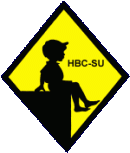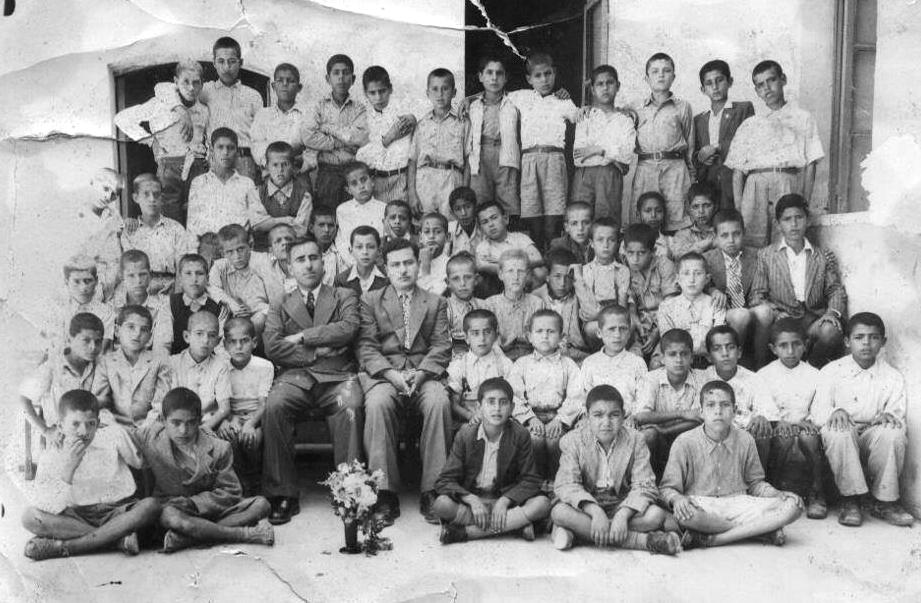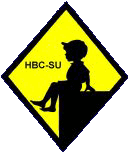
Palestinian Education: British Mandatory Era--Three Tier System (1918-47)

Figure 1.--The British during the Mandate launched the first major effort to build a major public school system in the Arab world. This is a boys' school in Ramala during 1933. Until the arrival of the British in 1918, very few Muslim boys and virtully no girls attended schools.
|
|
One of the important reforms that Britain instituted in Palestine was public education. This was a major departure for the British. Britain was the major colonial power in the world, but British colonial policy did not inclue founding and funding public school systems, xcept in the ominions with British populations. And it was a departure for the Arabs who gave little attention to education beyond Mosque schools for a small number of boys who rceived Koranic religious instruction. The Ottomoms had opened schools in the cities, but a limited number of boys and vurtually no girls attended. The British began a much more expansive public school system. Not only would schools be opened in the city to eucate many nore boys, but schools would also be opened for girls. In addition, schools would be opened in rural areas. And the children would be tught in Arabic. No Arab country had ever experienced anything like this. It could not, however, be done immeiately. Schools had to be built and teachers trained. The lack of trained Arab teachers was the major impediment. Another major problem is that many Palestinians did not want to send their children, especially girls, to a secular public school. This different attitide toward education wa a major difference between Arabs and Jews. Despite the many diffuculties, the Palestiniona by the end of the British Mandated were the best educated Arab people.
The British seized Palestine in World War I (1917). After the war, the League of Nations appointed Britain as the Mandatory power. Mandatory Palestine would last only 30 years. After World War I, Feisal who would become King of first Syria and then Iraq, proposed to the Zionist leader Chaim Weizman, a mutual partnership in developing a Jewish homeland in Palestine. Arabs leaders subsequently rejected this understanding, clasiming that the Allies had not met their commitment to the Feisal's father Sherif Hussein. Arabs mobs conducted the first major anti-Jewish riots in Palestine (1920). The British introduced Western legal concepts to Palestine. One of the actions taken was abolishing “dhimmitude”.Under this system, non-Muslim dhimmis lived in a system of institutionalised subgegation. Political rights were denied to all but Muslims. Changing this system was a major concern of Palestianiansand other Arabs. As the number of Zionist immigrants increased and the area of land expanded, conflicts began to develop with the Arabs. Here Haj Amin el-Husseini, the Grand Mufti of Jerusalem, played a central role. Both sides blamed the other as scattered acts of viloence occurred. There were more Arabs attacks on Jewish settlements than Jewish attacks, but there were viloence perpetrated by both sides. The worst attack occurred at Hebron where Arabs massacred 69 Jews (1929). With Jews being murdered by Arabs, David Ben-Guruon organized the Hagana--the Jewish Defense Force. The Hagana began military training in secret. The British tried to defuse the situation, arresting both Arabbs and Jews and confiscating weapons. Jews claimed that because of the importance of the Arabs in British colonial policy, that the British generally favored the Arabs. Here we are not sure, but it is a topic we need to persue. Even a neutral polic, however, favored the Arabs. Palestine was suronded by Arab states or colonies to become Arab states. Thus if the Jews in Palestine had no weapons they would be defenless if the neighboring Arab states invaded. The "Arab Revolt" led by the Grand Mufti targetted both the British and the Jews (1936-39).
Mandate Document
The British issued a Mandate document spelling out the responsibilities of the Mandate authoirity and its how it would operate (1922). It formalized what the Mandate authority had already begun fter the British army seized Palestine in the final year of World War I (1918). Artucle 16 in part addressed education. "The right of each community to maintain its own schools for the education of its own members in its own language, while conforming to such educational requirements of a general nature as the Administration may impose, shall not be denied or impaired."
Educational Role
The British role in education was governed by two primary obligations. First, with the British defeat of the Ottoman Empire and occupation of Palestine, Britain became the de facto successor to the Ottoman Governmnt. This made the responsible for the former Ottoman public school system. [Tibawi, p. 24.] The Ottoman public school system was, however, not we would think of as a true public system and not entirely secular. Islam was the Ottomn state religion nd only Muslims attended the schools. While this was a majority of the popultion, a substantial minority were Arab Christians and Jews who did not attend the Arab Muslim public schools. Second, the League of Nations Mandate spelled out various obligations affecting education. Article 15 of the Mandate stipulated “the right of each community to maintain its own schools for the education of its own members in its own language, while conforming to such educational requirements of a general nature as the administration may impose, shall not be denied or impaired.” [Tibawi, p. 11.] An Arab historian complains, "It would turn out later that the Muslim public schools were the only schools to conform to regulations and requirements imposed by the administration. [Jabareen] Here the author is misleasing because the Mosque schools which were obviously very much Muslim were not required to conform to British administrative rulings. What he is talking about is the former Ottoman public schools which were only attended by Muslim children. Christain Arab and Jewish children attended the former Millet schools which like the Mosque schools were essentially private schools. Article 22 stipulated that "English, Arabic and Hebrew shall be the official languages of Palestine." [Tibawi, p. 11.]
The British inherited the three tier system establised by the Ottoman Empire: muslim public schools, mosque schools, and millet schools. The basically continued this system. The Mandate public schools were attended by Arab Muslim students, but were largely secular. The British massively expanded Arab Muslim education, opening schools in villages that never had schools before. Most boys attended school for the first time. And the education of girls was even more significantly expanded. Mosque education continued, but educated only a small number of children and only boys. The millet (Christians and Jews) schools continued. Under the Mandate system these were private schools, but receivd Government financial support. Unlike America, this is not unusual. The Governments in many countries provide financial support to schools supported by faith based communities. Education was a well-established tradition in both communities. Thus the expansion of education was less dramatic than with the case of Arab Muslim children. But the increased resources devoted to education meant that both the millet systems benefitted and expanded. The Brirish possibly could have theoretically created on comprehensive educational system, but given the communal, religious, and cultural differences, there is little doubt that there would have been endless problems trying to mix the children together.
Sources
Avidor, Moshe. Education in Israel (Jerusalem: 1958). .
(Al-) Hag, Majid. Education, Empowerment, and Control: The Case of the Arabs in Israel (State University of New York Press: 1995).
Jabareen, Alu. "The Palestinian Education system in Mandatory Palestine".
Kleinberger, Aharon. Society, Schools and Progress in Israel (Pergamos Press: 1969).
Mar’i, Sami Khalil. Arab Education in Israel (Syracuse University Press: 1978).
Tibawi, A.L. Arab Education in Mandatory Palestine: A Study of Three Decades of British Administration (Luzac & Co. Press Ltd.: 1956).
HBC-SU

Navigate the HBC Middle-East North African School Pages
[Algeria]
[Egypt]
[Iran]
[Iraq]
[Israel]
[Lebanon]
[Libya]
[Israel]
[Morocco]
[Saudi Arabia]
[Syria]
[Tunisia]
Related Style Pages in the Boys' Historical Web Site
[Long pants suits]
[Knicker suits]
[Short pants suits]
[Socks]
[Eton suits]
[Jacket and trousers]
[Blazer]
[School sandals]
Navigate the HBC School Section:
[Return to the Main British Paestinian Mandate page]
[Return to the Main Palestine school page]
[Return to the Main Middle Eastern-Morth African school country page]
[Return to the Main school country page]
[About Us]
[Activities]
[Chronology]
[Clothing styles]
[Countries]
[Debate]
[Economics]
[Garment]
[Gender]
[Hair]
[History]
[Home trends]
[Literary characters]
[School types]
[Significance]
[Transport and travel
[Uniform regulations]
[Year level]
[Other topics]
[Images]
[Links]
[Registration]
[Tools]
[Return to the Historic Boys' School Home]
Created: 3:49 AM 12/8/2016
Last updated: 2:03 PM 11/8/2017




